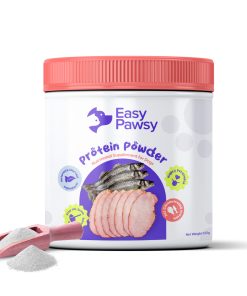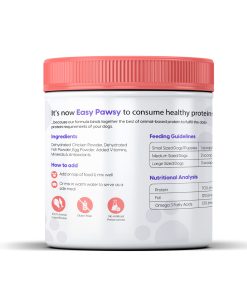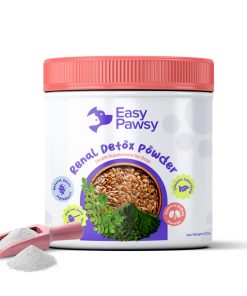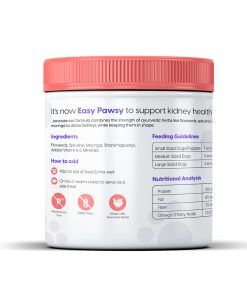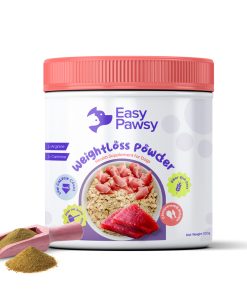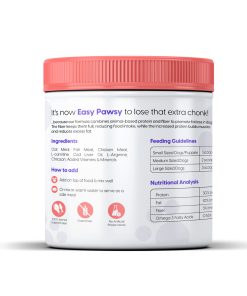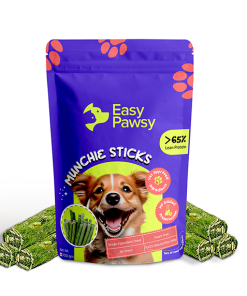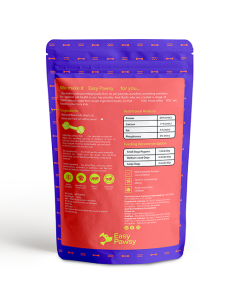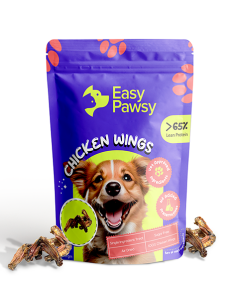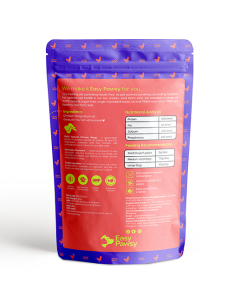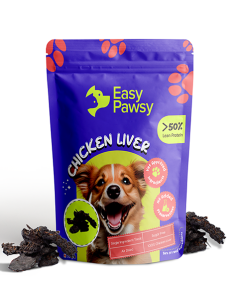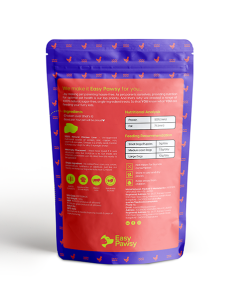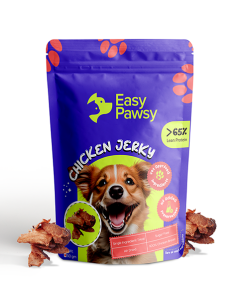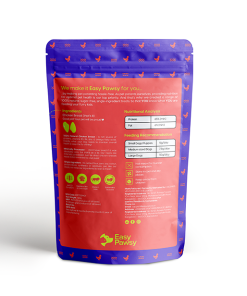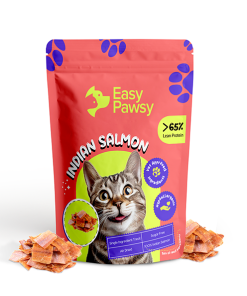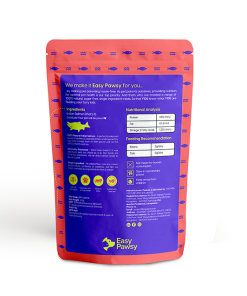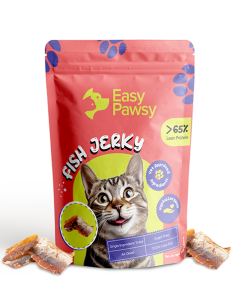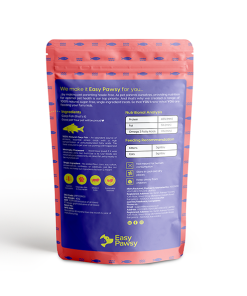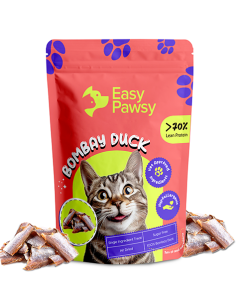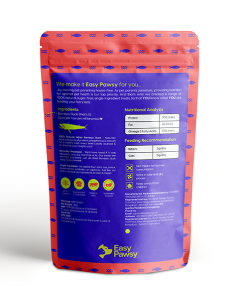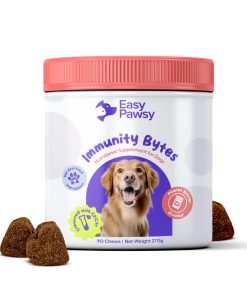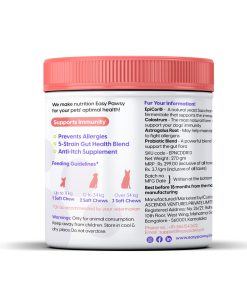All Genders, All Species, Food
Is Milk Safe For Pets? The Answer will Surprise You!
Most of us have grown up watching (and believing) that milk is safe for pets. And why not? They clearly love slurping all the milk offered! So much so that to date we offer milk to the cats who come up to us.
But that might not be true. We hate to break it but yes.
Our pets are lactose intolerant. It is the inability to properly digest lactose, the sugar found in milk. Here are more reasons to avoid milk in your pet’s or community animals’ food –
Lactose Intolerance
Most adult dogs & cats and dogs lack the enzyme lactase, which is necessary to properly digest lactose. As a result, consuming milk or dairy products can lead to digestive upset, including gas, bloating, diarrhea, and stomach discomfort.
Gastrointestinal Upset
For pets that are lactose intolerant, consuming milk can cause gastrointestinal distress and discomfort. Vomiting, diarrhea, and abdominal pain are common symptoms that can arise from consuming dairy.

Allergic Reactions
In addition to lactose intolerance, some pets may also be allergic to the proteins found in milk. Allergic reactions can show up as skin issues, itching, ear infections, and gastrointestinal problems.
Other Potential Concerns
Imbalanced Nutrition
While milk does contain protein and calcium, it’s not a complete or balanced source of nutrition for pets. Relying on milk as a primary source of nourishment can lead to deficiencies in other essential nutrients.
Calorie Overload
Milk can be calorie-dense, and excessive consumption can contribute to weight gain, especially in pets with a sedentary lifestyle. Obesity poses various health risks, including joint problems and diabetes.
Dental Concerns
The lactose and natural sugars in milk can contribute to dental issues by promoting the growth of harmful bacteria in the mouth.
So what do you give instead of milk? Here’s a list of milk by-products that are absolutely safe (of course in moderation!).

